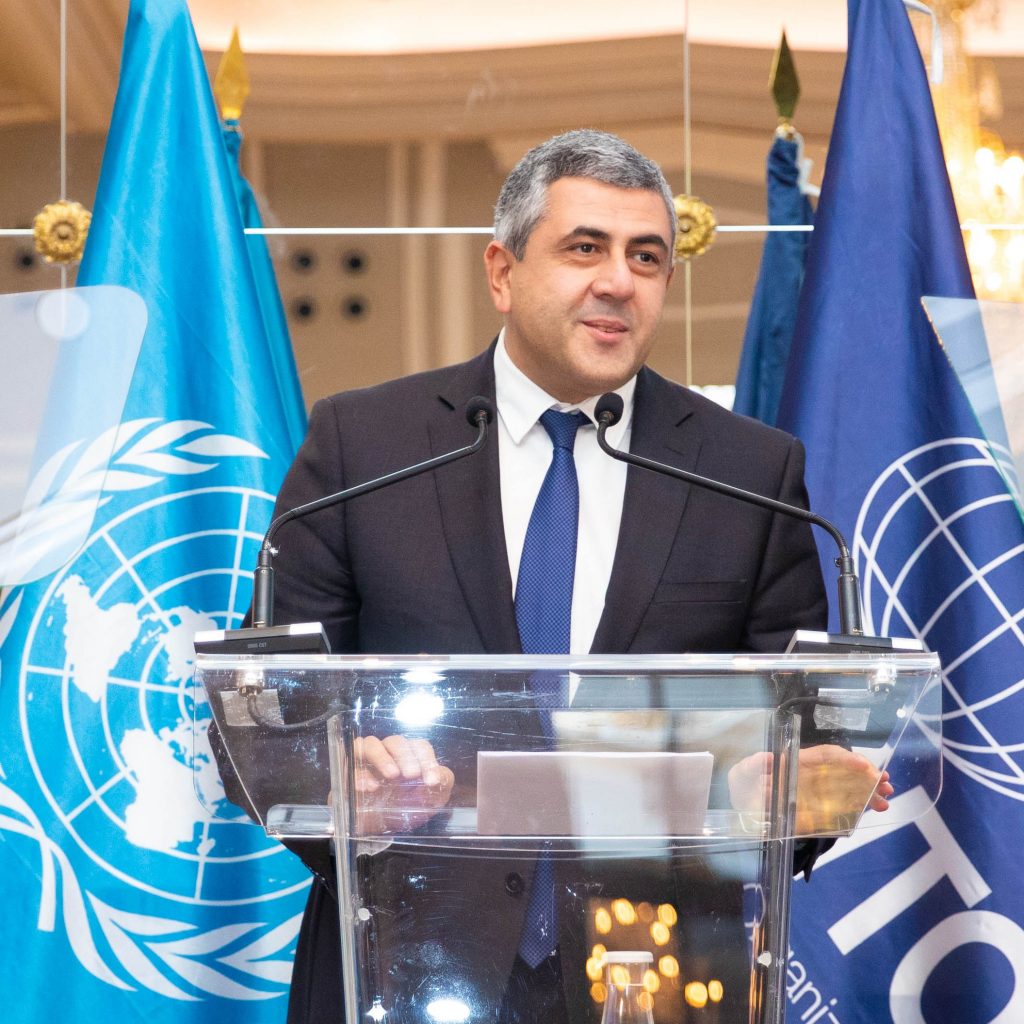The World Tourism Organization (UNWTO) has welcomed the call of its sister UN agency World Health Organization (WHO) for restrictions on travel to be lifted or eased.
Citing the varied global responses to the emergence of the Omicron variant of COVID-19, WHO has reiterated that restrictions on travel are not effective in suppressing the international spread. In line with UNWTO’s recurring warning against the use of blanket restrictions, the 10th meeting of the WHO’s International Health Regulations Emergency Committee (Geneva, 19 January) expressed concern that such measures can cause economic and social harm. They may also “discourage transparent and rapid reporting of emerging Variants of Concern”, the WHO added.
The Committee also noted that measures applied to international travellers such as testing, isolation and quarantine, and vaccinations, should be based on “risk assessments and avoid placing the financial burden on international travellers in accordance with Article 40 of the IHR”.
UNWTO Secretary-General Zurab Pololikashvili says: “When it comes to stopping the spread of new virus variants, blanket travel restrictions are simply counterproductive. In fact, by cutting the lifeline of tourism, these restrictions do more harm than good, especially in destinations reliant on international tourists for jobs, economic wellbeing and sustainable change.”
The United Nations World Economic Situation and Prospects Report for 2022 – to which UNWTO provided the official travel-related data – has noted that in both developed and developing, recovery from the impacts of the pandemic is “uneven and fragile”. It also highlights the “substantial reversal in progress towards achieving the Sustainable Development Goals (SDGs).
“It is imperative we restart tourism and so kickstart recovery and get back on track towards meeting the SDGs while responding to Climate Imperatives,” Mr. Pololikashvili adds. “UNWTO welcomes WHO’s new guidance, highlighting the ineffectiveness of blanket travel restrictions, and we also amplify their recommendations against using vaccination status as the sole condition for welcoming tourists back, especially when vaccination rates remain so uneven.”







